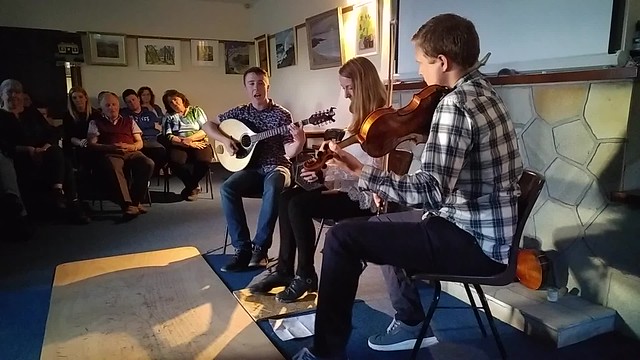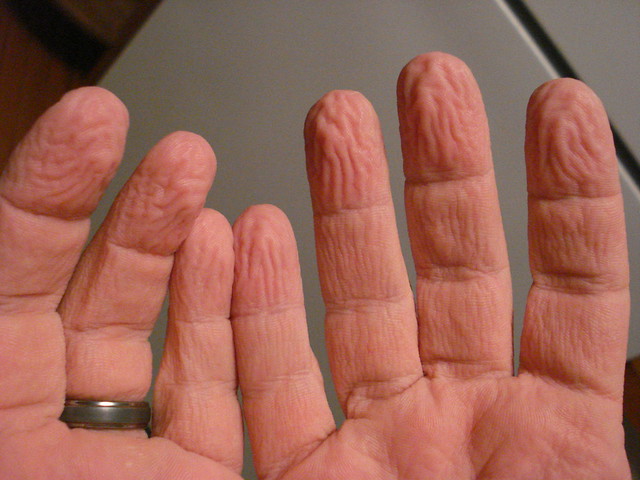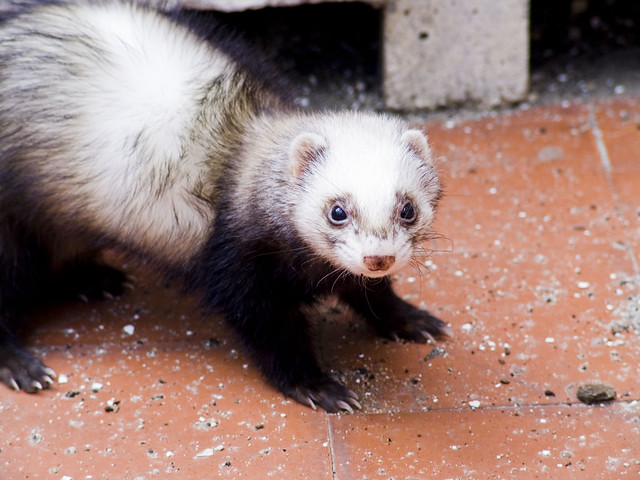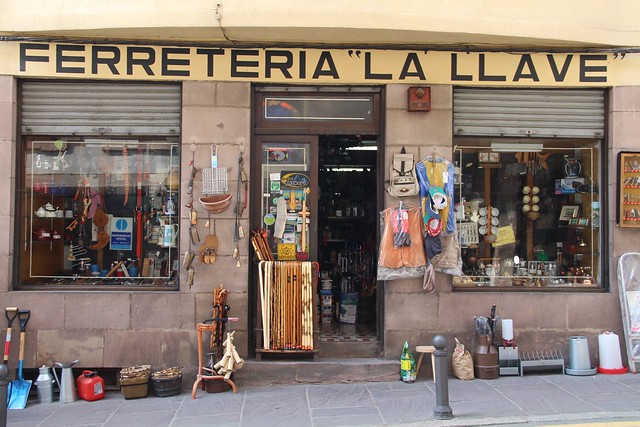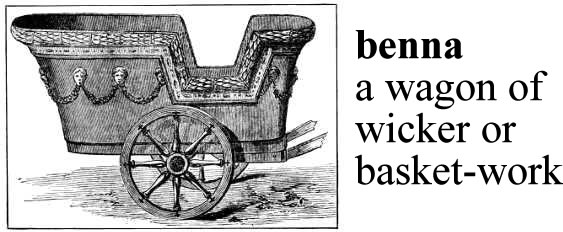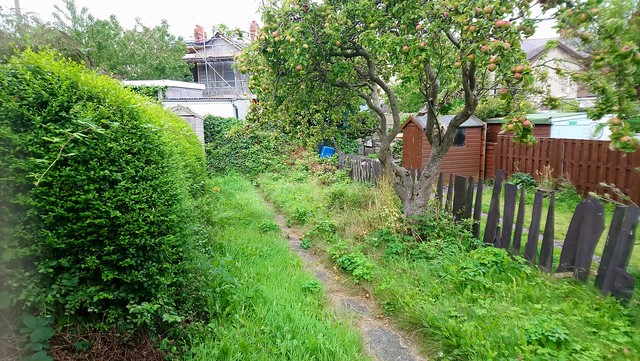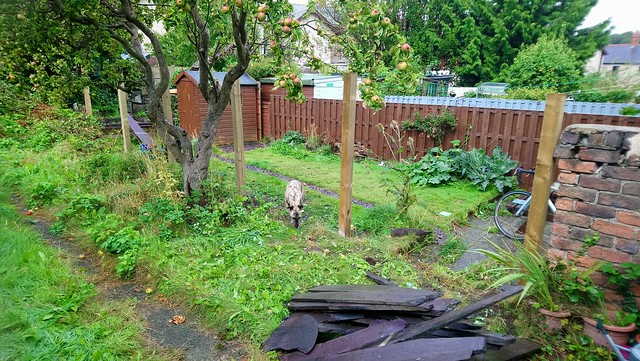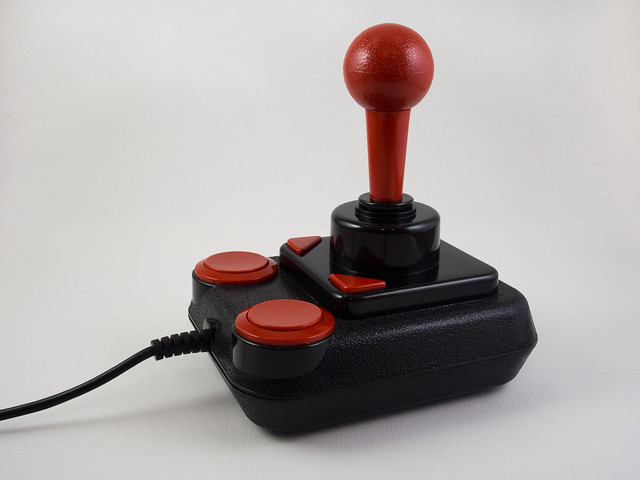In the French conversation group last night, one of the members mentioned that she has been on the wagon for two weeks, or in other words, she has stopped drinking alcohol. French equivalents of being on the wagon include:
- s’abstenir de boire (de l’alcool) = to abstain from drinking (alcohol)
- arrêter de boire = to stop drinking
- être au régime sec = to be on a dry diet
- être sobre = to be sobre
- être clean = to be clean
- être sur le wagon = to be on the wagon
If you fall of the wagon (go back to drinking), then you could say:
- replonger (dans l’alcool) = to dive/plunge back (into alcohol)
- se remettre / recommencer à boire = to start drinking again
- rechuter = to relapse
- tomber du wagon = to fall from the wagon
- craquer = to snap, be unable to resist
- dérailler = to derail, go off the rails, go off track
- avoir la gorge en pente = to have a sloping throat
In English, the expression to be on the wagon usually means
“abstaining from drinking any alcoholic drink, usually in the sense of having given it up (as opposed to never having partaken); teetotal”
It can also means “Maintaining a program of self-improvement or abstinence from some other undesirable habit.” (such as smoking).
It was apparently coined in the USA and was originally ‘on the water-cart’, and became ‘on the water-wagon’ the ‘on the wagon’. It referred to carts (like the one pictured above) that were used to hose down dusty roads. The idea was that someone who was ‘on the wagon’ was drinking water rather than alcoholic drinks.
It was possibly first used by the temperance movement, which emerged in the 19th century in organisations such as the Washingtonian movement (founded in 1840), The Woman’s Christian Temperance Union (founded in 1874) and The Anti-Saloon League (founded in 1893).
Sources: ReversoDictionary, Wiktionary, The Phrase Finder, Wikipedia
I have been on the wagon (teetotal) since 2002, and didn’t drink much alcohol before then anyway.
How do you talk about being ‘on the wagon’ or ‘falling off the wagon’ in other languages?

